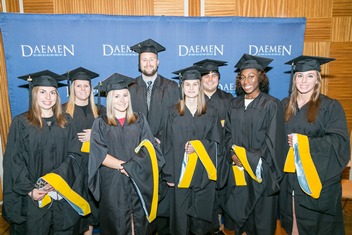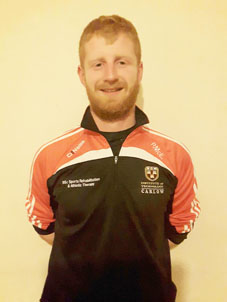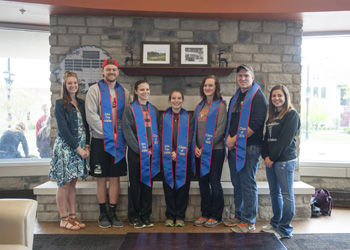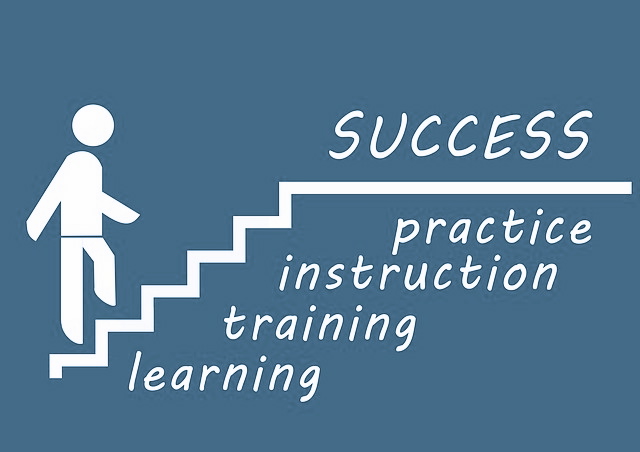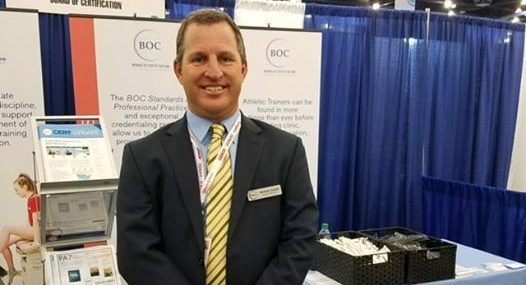
Article reposted from The Flash Today
Author: BRAD KEITH
Mike Carroll might as well be a celebrity this week in Houston, where members of the National Athletic Trainers’ Association (NATA) are gathered through Thursday for the 68th Clinical Symposia and Athletic Training Expo.
The assistant athletic director and head athletic trainer for Stephenville ISD, Carroll is a director-elect to the Board of Certification for the Athletic Trainer. He was elected last fall and will officially hold the title of director beginning next January.
Selection to the board provides Carroll another platform from which to promote athletic training to the public, something he has for years shown a passion for. Further, he will have a voice in the governance of all matters pertaining to the certification process of athletic trainers.
“To be elected to the Board of Certification is a tremendous honor, and to be able to represent all certified athletic trainers is a responsibility that I don’t take lightly,” said Carroll in a Tuesday night exchange of text messages. “The certification of athletic trainers and the maintenance of that certification are critical to the profession and the public that comes in contact with those certified athletic trainers.”
The Board of Certification was incorporated in 1989 “as a not-for-profit credentialing agency to provide a certification program for the entry level athletic training profession,” reads the “What is BOC” page on the organization’s website, bocatc.org. “The BOC establishes both the standards for the practice of athletic training and the continuing education requirements for BOC certified athletic trainers. The BOC also works with state regulatory agencies to provide credential information, professional conduct guidelines and regulatory standards on certification issues…”
The webpage further states, “The BOC exists so that healthcare professionals worldwide have access to globally recognized standards of competence and exceptional credentialing programs…”
Carroll, 49, has long traveled a career trajectory bound for positions of authority in the athletic training profession, be it with the BOC or the NATA.
During his 14 years at Stephenville, Carroll, 49, was president of Southwest Athletic Trainers’ Association in 2009-10, and was selected for the SWATA Hall of Fame in February of last year. Those prestigious honors followed his 2008 NATA Athletic Trainer Service Award and his 2005 SWATA Eddie Wojecki Award and Boby Gunn Unsung Hero Award.
Carroll came to Stephenville to serve as head athletic trainer in 2003. Assistant athletic director was added to his title in 2008.
Mike married DeNay in 1998, and they have two children. Their son, Nolan, is entering his junior year at SHS, while their daughter, DeLaney, will be an eighth grader at Henderson Junior High. The family hosts a foreign exchange student each year with Mike serving as area coordinator for the Student Transition Services (STS) Foundation.
After earning his bachelor’s degree from Texas A&M and master’s at the University of Virginia, Mike began his career in 1992-93 at Fort Bend Kemper High School near Houston. He moved 60 miles south to Sweeny, where he stayed nine years from 1993-94 through 2001-02, then spent the 2002-03 academic year at Georgetown, a northern suburb of Austin.
